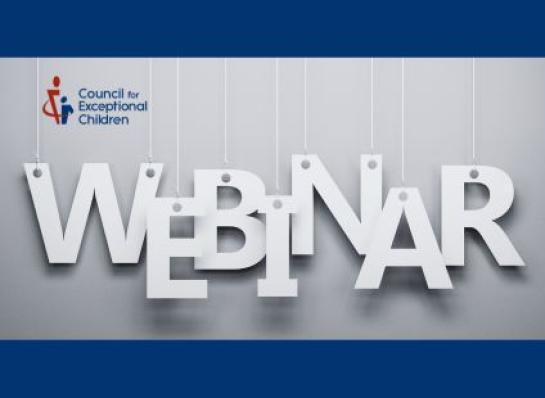What in the World? Ecologically Valid Assessment Practices for Preschoolers who are Deaf/Hard of Hearing

Over the last 30 years, children who are Deaf/Hard-of-Hearing (DHH) and who use Listening and Spoken Language have benefited from early identification, advances in hearing technology, and enrollment in early intervention programs at early ages. While these changes have led to improved speech and language outcomes, many children who are DHH may continue to require special education support for equitable educational and social access during the preschool years and beyond. For children who are DHH, access to special education supports and services hinges upon the ability of school-based special education practitioners to employ evidence-based, ecologically valid assessment practices and interpret their results with an accurate understanding of the eligibility criteria under hearing impairment. However, this can be challenging given the diversity of educational and professional backgrounds and perspectives of providers on educational teams, complicated further by a lack of shared coursework and practical experiences.
The Individuals with Disabilities Education Improvement Act ([IDEA], 2004) mandates that special educators consider a child’s academic, functional, and developmental performance through the lens of meaningful participation in school-related activities. Because norm-referenced assessments involve a small number of isolated and discrete tasks, they are often less effective at providing documentation of functional performance or meaningful participation in naturalistic contexts where language demands are embedded and often complex (Heilmann et al., 2020). Conversely, ecologically valid assessments provide information about how a child’s capacity affects interaction in daily activities and routines, such as playing with friends, storytelling, engaging in a conversation, and participating in language-dependent classroom routines.
This seminar will identify potential research to practice gaps between recommended practices for assessing young children who are deaf/hard of hearing (DHH) and actual practices in local school systems, particularly for determining eligibility for special education. We will define what it means to implement ecologically valid assessment practices to determine hearing loss's educational impact. Finally, balancing sensitivity and feasibility, we will work together to develop an interprofessional, evidence-based framework for assessing preschoolers who are DHH across all developmental domains recommended by the National Association for State Directors of Special Education ([NASDSE], 2018).